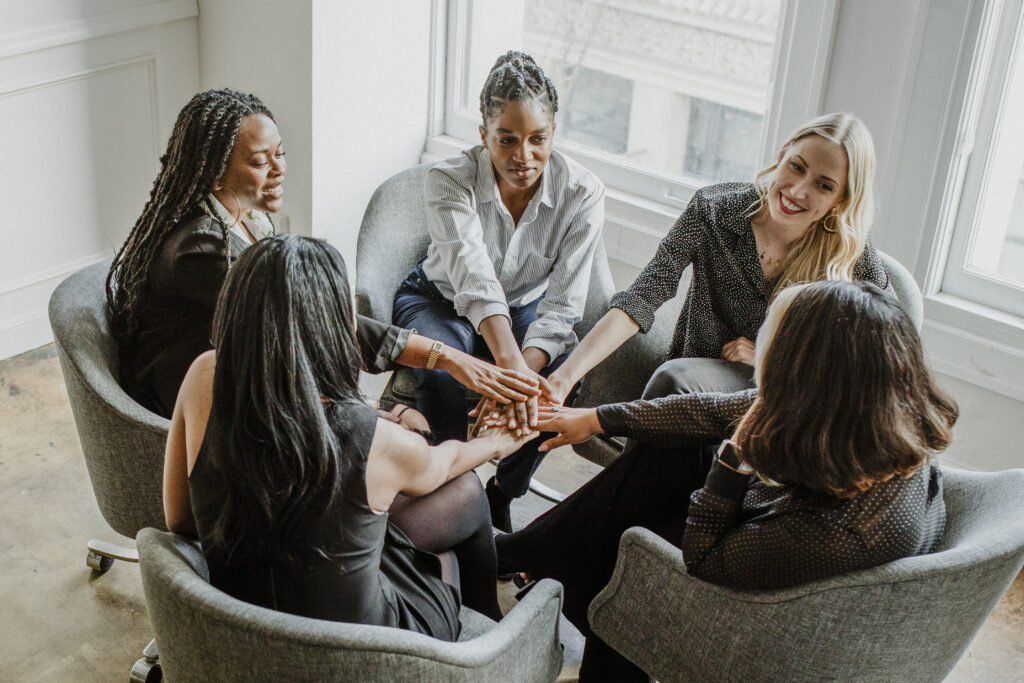Trust is often taking as a given without understanding that it is an outcome based on someone’s experience of how you make them think and feel. It also probably reflects how they make you think and feel. This works at an organisational as well as an individual level – as a customer, supplier, or employee.
When we ask people how it feels to be in a trusting environment, they talk about feeling safe, valued, motivated, healthy, and optimistic. At work this extends to having a ‘can do’, forward-looking approach and a sense of belonging. As managers and leaders, it is our job to build this in our organisations. It is a positive, person-centred approach that both supports human values and delivers individual and team performance.
We build trust through the formal and informal agreements with have with our teams – and then holding ourselves to these in the way they were intended. A useful way of thinking about this is to consider how we trust people’s ability to do their job, the way in which we ‘contract’ with them to do that job, and how we communicate with them.

At Three we wanted to change our culture to become a better place to work and a successful commercial organisation. Our employee engagement scores were in the 30s and we were losing money. We introduced and embedded three behaviours – Being Open and Honest, Keeping Our Word and Taking Responsibility – key elements in building and maintaining trust. Four years later we were making significant profits and engagement was nudging the 80s. There is, of course, much more to that story, but creating a more trusting culture was a fundamental part of it.
So, how do we build trust in a hybrid environment? Well, if we follow these behaviours, we have a good chance:
- Ask questions, listen to the answers, and respond honestly
- Accept that we don’t have all the answers – but the team might
- Be willing to be challenged and not take it personally
- Make decisions and communicate them – in person and not just email
- Get out of the way of the person doing the job
- Give and receive ongoing feedback – on what is working and what can be improved
- Learn from your own experience and others – formally and informally
- Recognise the good behaviours – whatever the outcomes
- Walk the talk
- Look after yourself
We are coming out of a time of high crisis, but we are not going into a period of pure calm. The pressures we have as organisational and people leaders remain, but the behaviours that build and reinforce trust in us will remain the same. If you want to find out more about building and rebuilding trust in your team or organisation, contact us [email protected].


